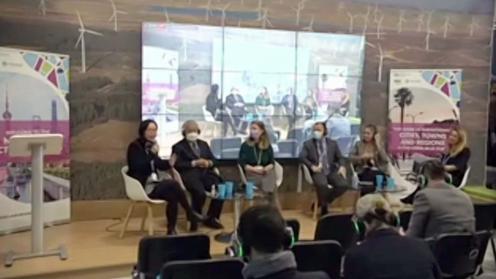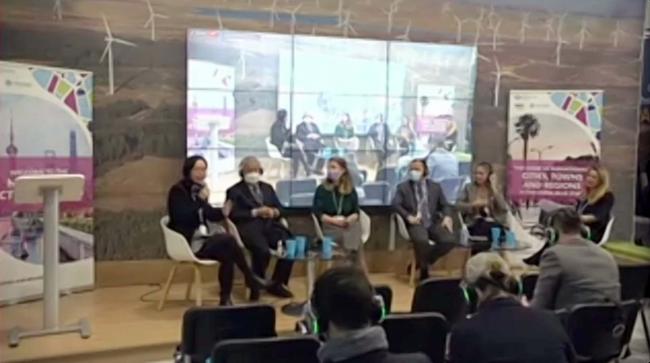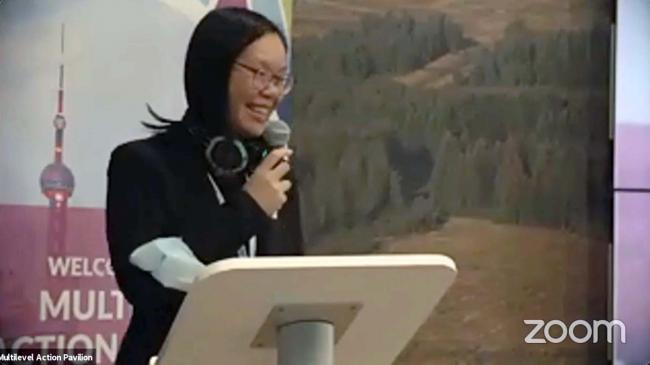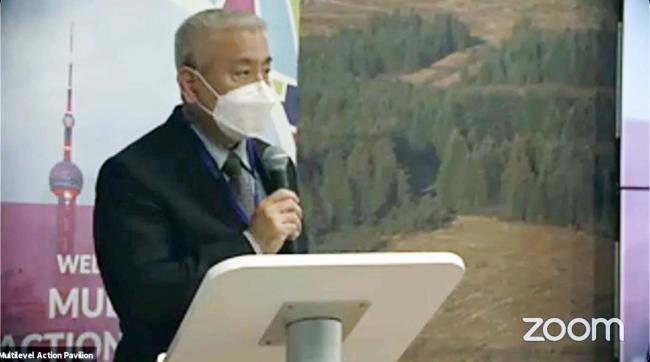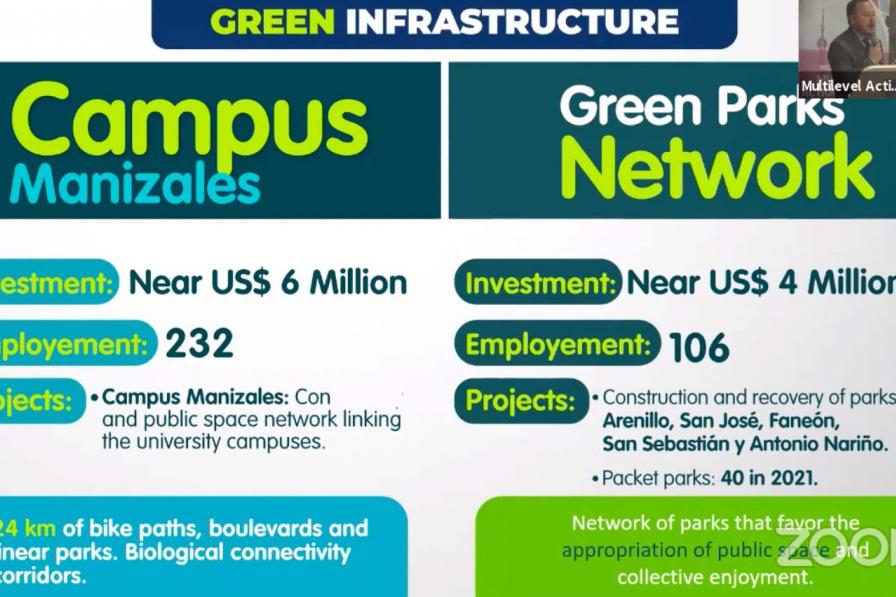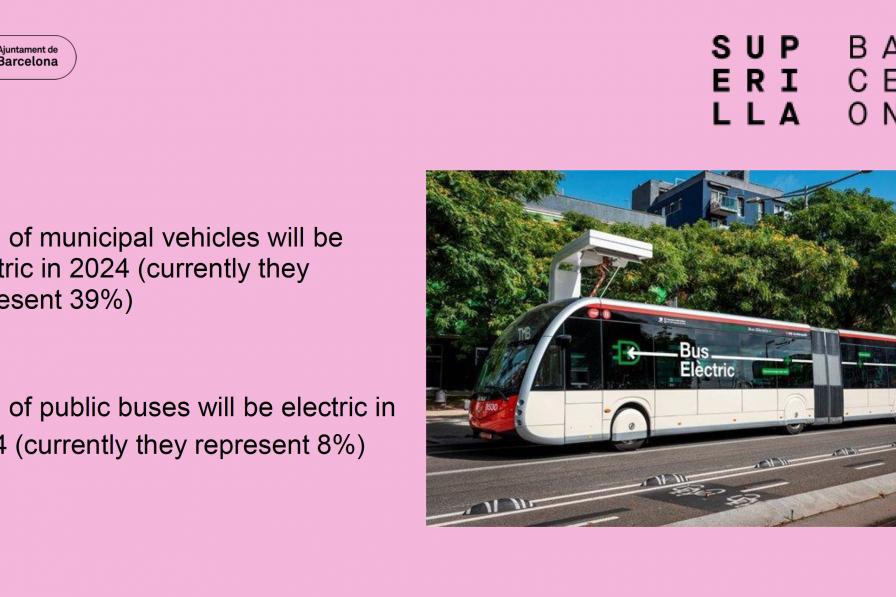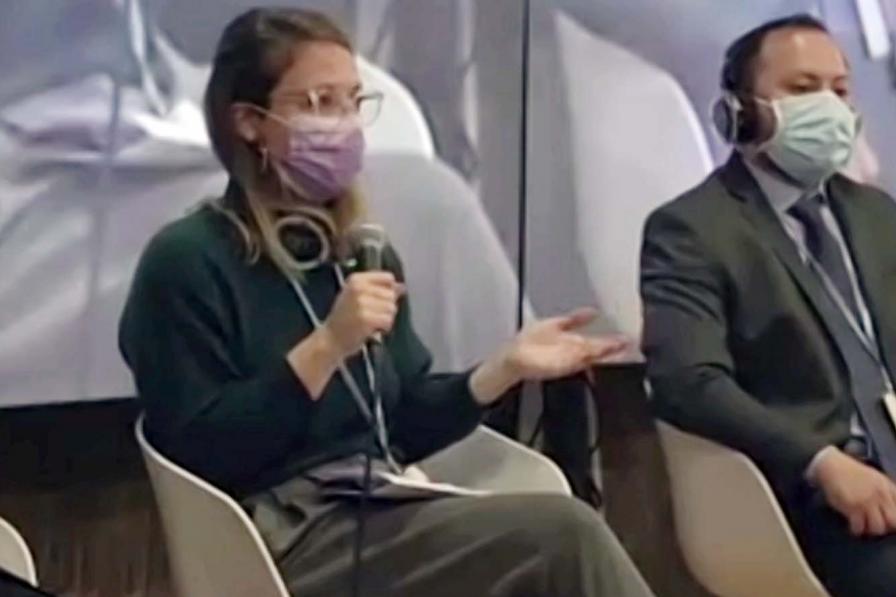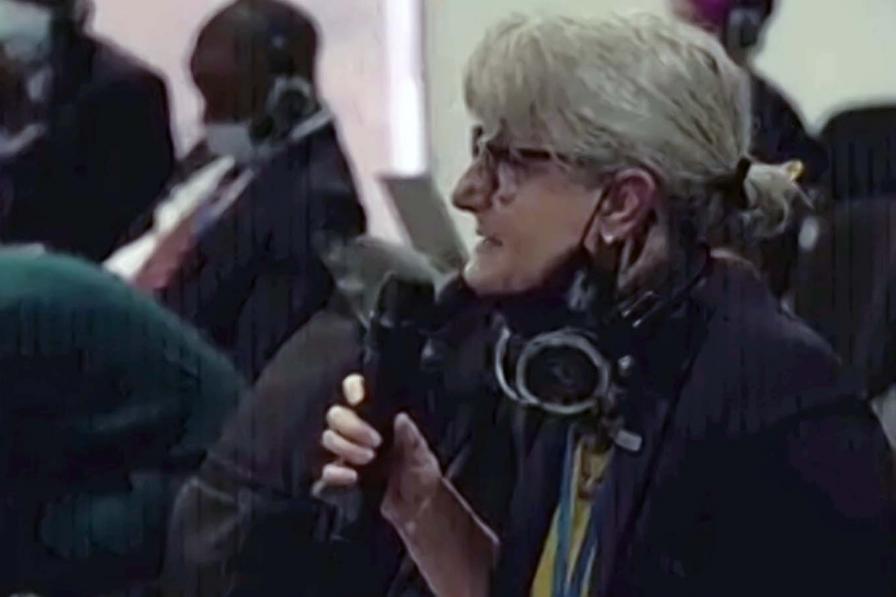Game On: City Ambitions Towards Future-Proof and Equitable Mobility Systems
Transport plays a huge role in carbon emissions; yet, it can also be a point of transformation for an inclusive low-carbon pathway. Cities around the world, connected through ICLEI programming, are advancing ambition needed to contribute to the Paris Agreement and achieve net zero emissions in transport. Sharing concrete examples, panelists, during this event, exchanged experiences on meeting the urgent demand for transformation and establishing healthy, efficient, and inclusive urban transport experiences that simultaneously decarbonize and promote clean economic growth.
This Multilevel Action Pavilion at COP 26 hybrid event was convened by ICLEI – Local Governments for Sustainability and hosted by the Scottish government. The event highlighted urban examples that bridge ambition and implementation, as well as opportunities to create inclusive solutions that engage citizens.
Moderator Tu My Tran, Head of Sustainable Mobility, ICLEI World Secretariat, provided an overview of how ICLEI has joined 125 countries to work together to influence policy and foster collective action through enhanced knowledge exchange and building. She highlighted: the EcoMobility Alliance, which promotes travel in an integrated, socially inclusive, and environmentally-friendly manner; and the EcoLogistics programme, which encourages shortening supply chains through circular and regional economies, while limiting the impact of freight transport.
Opening Speeches
In an opening address, An-Pang Kao, Deputy Mayor, Taoyuan City, and Chair of the EcoLogistics community, recognized the huge role of transport in carbon emissions and air pollution, outlining several city initiatives to address these challenges. He explained that having five demonstration projects to test various solutions, such as renewable energy and hydrogen vehicles, has united the city to work together.
Janet Sanz, Deputy Mayor for Ecology, Urban Planning and Mobility, Barcelona, Spain, presented the Superilla project, designed to increase sustainable mobility and green spaces by reducing 25% of private car transport by 2024. She reported expected significant reductions in personal car use and emissions by doubling the number of bike lanes by 2023, increasing 1200 new electric charging points by 2024, and constructing a new tram.
Elisabetta Tromellini, Head of CSR-Sustainability Department, FNM Group, Italy, reflected how the FNM Group has combined railway infrastructure management with road transport and motorway infrastructure management. She introduced the H2iseO Hydrogen Valley project in eastern Lombardia, which supports hydrogen powered train and bus transport. She also highlighted work under the Union Internationale des Transports Publics (UITP) to raise awareness of corporate responsibility with a focus on the Sustainable Development Goals and climate change.
Juan Sebastián Ramos, Secretary of the Environment, Manizales, Colombia, highlighted two EcoLogistics projects: completed Urban-Low Emission Development Strategies project on, among other things, emissions inventory; and the Integrated Climate Change Management Plan, which will improve the city’s mobility, health, green infrastructure, water quality, and sustainable consumption. He reported planned construction of a third aerial line for public transport, which will create more than 500 new jobs and improve energy efficiency by 70%. He also noted plans to connect the city's seven universities with new infrastructure to increase green spaces and bicycle lines.
Clara Muzzio, Minister of Public Space and Urban Hygiene, Buenos Aires, Argentina, outlined local efforts to improve urban transport and create a more green and inclusive urban experience to help meet Argentina’s Nationally Determined Contribution targets to reduce its emissions by 53% by 2030 and by 84% by 2050. Targeting transportation, which is responsible for around 30% of her city’s emissions, Muzzio spoke of the need to inform and include citizens, flagging the need to improve conditions on public transport. She said 60% of transport users in Buenos Aires are women, many of whom experience harassment.
Panel Discussion
Panelists exchanged views on accelerating progress to decarbonize transport, identifying barriers to implementation. Kao shared successes in subsidizing the purchase by citizens of electric motorcycles or low emission cars, citing challenges for regulators to keep up with emerging technologies. Tromellini underscored the value of education to motivate young people to adopt less carbon intensive lifestyles. Sanz discussed how to move away from a city designed for cars, and toward an inclusive, pedestrian-friendly city. Ramos reviewed efforts to replace old buses to reduce emissions. Muzzio highlighted a gender mobility platform that is addressing violence and discrimination in public transport.
Closing the session, panelists responded to questions from the audience on finance and coordination with land-use policies. The challenge was raised to invest in communications campaigns and sanitation strategies to build public trust in transport in light of COVID-19. Several speakers reflected on the need for regional and national governments to provide financial support, with Sanz referring to tax options as a financial supplement to address emissions and Ramos sharing that much of his city’s financial resources comes from debt. Muzzio said while change is never easy, human beings are adaptive and resilient.
Contact
Ariel Dekovic | ariel.dekovic@iclei.org
Adel Strydom | adel.strydom@iclei.org
More Information
To receive free coverage of global environmental events delivered to your inbox, subscribe to the ENB Update newsletter.
Selected Images
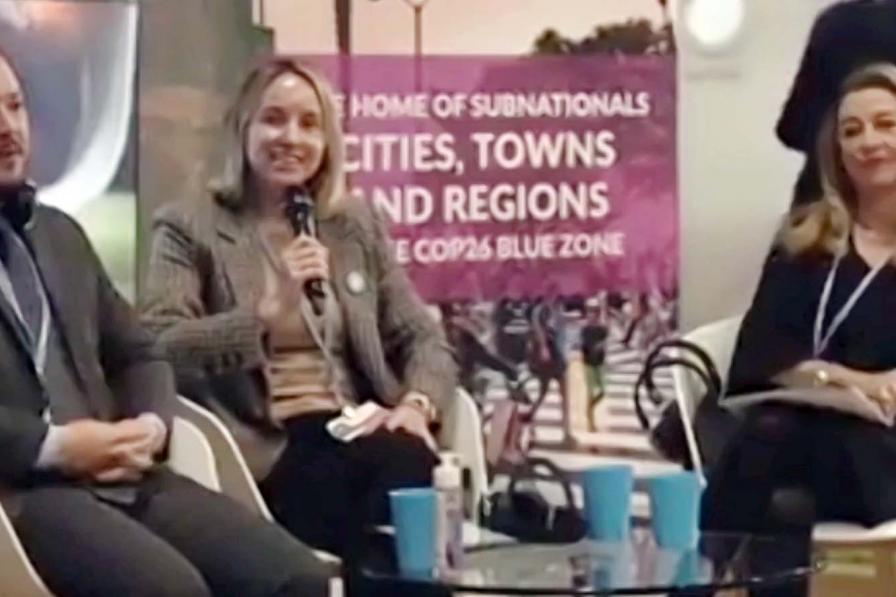
L-R: Juan Sebastián Ramos, Secretary of the Environment of Manizales, Colombia; Clara Muzzio, Minister of Public Space of Buenos Aires, Argentina; and Elisabetta Tromellini, Head of CSR-Sustainability Department, FNM Group, Milan, Italy
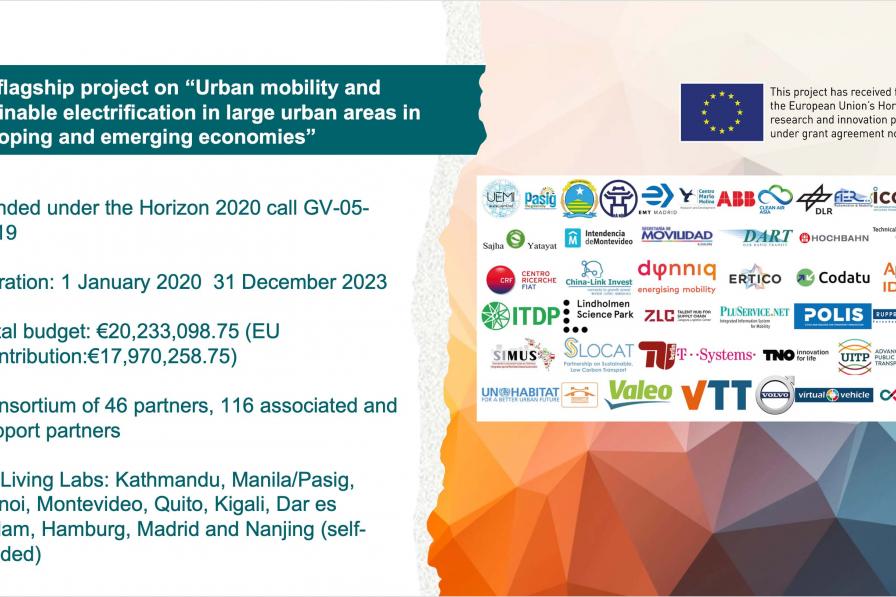
A slide from the presentation made by Tu My Tran, Head of Sustainable Mobility, ICLEI World Secretariat
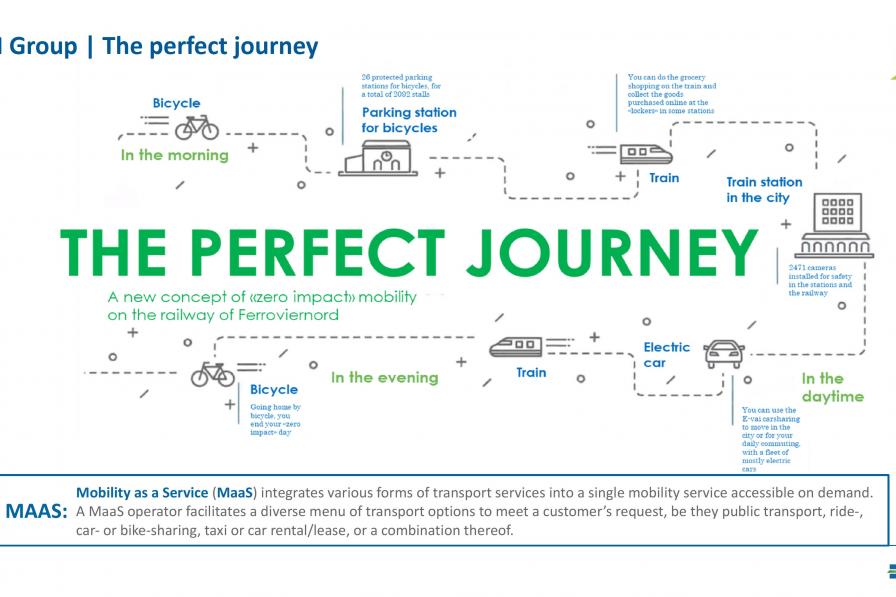
A slide from the presentation made by Elisabetta Tromellini, Head of CSR-Sustainability Department, FNM Group, Italy
